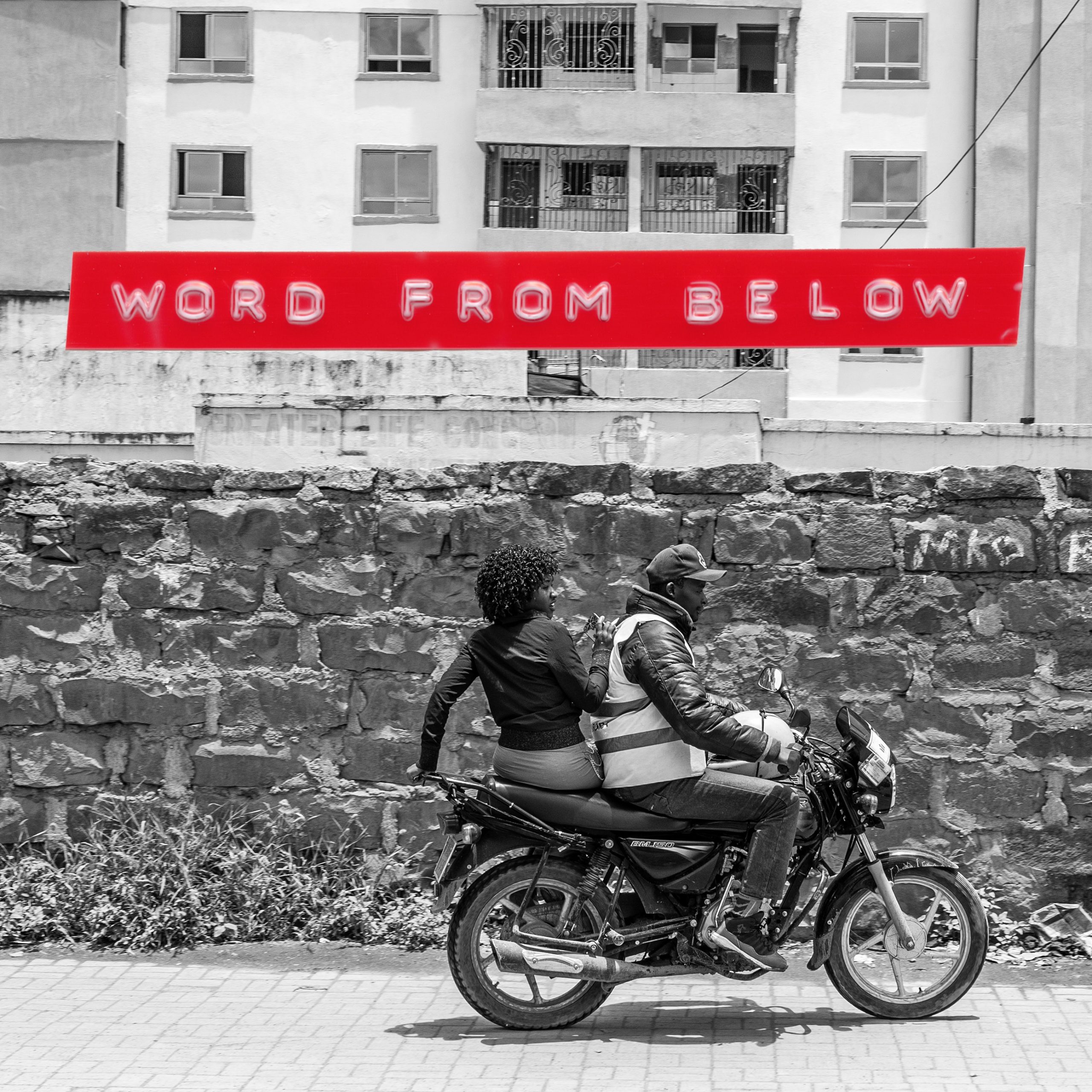Notes from Underground – April 2021
"What if contemplative action isn’t engineering the perfect mixture of two extremes? What if we are talking about something entirely different, a whole other way of being human – one that frees us from all forms of fakery?"
Greetings,
We continue our exploration of this year’s theme: contemplative action.
I do not see this as a tactic to advance our cause in the world and win. I see it as a way to remain human. How else can we sustain a healing presence where fear and shame multiply like a dangerous virus, creating the conditions for unchecked violence?
At first glance, contemplative action appears to be an oxymoron that easily evokes negative stereotypes. For example, contemplatives often evoke images of dreamy do-nothings who exhaust us with their wishy-washy metaphors about how everything belongs, masking a willful and controlling spirit that sits on the sidelines. On the other hand, activists easily evoke images of strident do-gooders who exhaust us with their self-righteous guilt trips, and their demanding rhetoric about what’s wrong with the world, not to mention their endless strategies about how to fix it.
I’ve walked both of these paths. Please forgive me.
Ironically, these caricatures have more in common than not. They are both driven by what they hate. We feel in them the presence of a soul that is desperately trying to justify itself, which is why they are exhausting. One works hard at grace. The other works hard at truth. We might be tempted to smush them together and find some perfect alchemy of the two, but without a fundamental transformation, that would create a double monstrosity.
There must be another way.
What if contemplative action isn’t engineering the perfect mixture of two extremes? What if we are talking about something entirely different, a whole other way of being human – one that frees us from all forms of fakery?
This, I believe, is the gift of Easter.
In his poem, “The Wreck of the Deutschland,” the poet, Gerard Manley Hopkins, shows us the way forward. His poem honors five nuns who died tragically in a shipwreck in 1875, upon being exiled from Germany in the face of persecution. At the end of the devastating poem, Hopkins breaks the rules of grammar and uses “easter” as a verb. His break with convention gives us this line,
“Let Him easter in us…”
What a prayer!
Hopkins is suggesting that Easter is not only an event that happened 2,000 years ago. It doesn’t sit in the background of our life, reminding us to behave like good boys and girls until Jesus returns. It is a present reality that is happening today. Resurrection is a living dynamic force active in all Creation. In other words, Easter is a verb that reveals God at work, even in the worst of tragedies, calling forth life from death, always. What’s more is that it frees us from the tyranny of fake goodness, and our burdensome self-salvation projects.
Hopkins’ prayer places the burden of Easter where it belongs, on God!
It is God’s responsibility to easter in us and call forth life. If this is not happening, then we are off the hook and we should go about our daily lives as best we can. Thankfully, God takes responsibility to create the conditions that make faith, hope, and love possible. That is why we call these gifts. Our responsibility, (if we can call it that) is to bother to notice, receive the easterly presence in our lives, and act accordingly.
The point here is that the contemplative activist is being gifted to see reality with easter eyes, and thereby find the courage to celebrate that which is being eastered in us. When we say the charism (gift) of the Street Psalms Community is to “see and celebrate good news in hard places” this is what we mean. We are not dreamy do-gooders, filling in for an absent God. We are being given easter eyes by the one who joyfully easters in us, so that we can act with courage, creativity, and compassion. This, in a nutshell, is contemplative action.
I’m not saying this easterly joy is easy. It can be painfully difficult, especially when applied to the brutal realities that life throws at us. All I am saying is that the heaviest burden of this is on God, not us. I know it works. I’ve witnessed it many times in our community. I’ve seen us embody this weird oxymoronic gift in the face of unimaginable loss and heartache. That’s why “seeing and celebrating good news in hard places” is a gift. First, to our community from the Spirit, and then poured out in the Spirit’s lavish love to each other and to the cities where we dwell. This is God’s eastering joy at work in us.
The word “easter” itself is a very old one, and has had multiple iterations throughout the ages, both sacred and secular. One possibility is that it was used as a nautical term meaning, “to set sail for the light.” I love this! It helps me imagine what the reality of eastering in our own lives might be. God easters in us, so that we might easter in the world. This is how, together, we set sail for the light.
How else do we become fully human? How else does Creation unfold? May God easter in us so that we might become an eastering presence in the world.
Peace,
Kris

